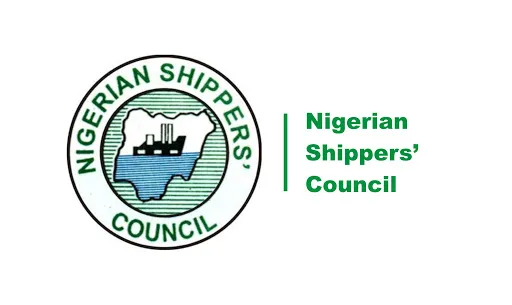The Nigerian Shippers’ Council (NSC) has stopped foreign firms from repatriating N52 billion in suspicious foreign exchange claims at the country’s seaports, a move aimed at protecting the national economy from irregular financial outflows.
The council announced this during the International Chamber of Commerce (ICC) Nigeria Post-AGM Talk held in Lagos on Thursday. It also emphasised the importance of regulating forex transactions linked to maritime trade.
In addition to this intervention, the NSC said it successfully resolved trade disputes worth over N2 billion, thus relieving importers facing cargo-related challenges. The Council highlighted its ongoing commitment to strengthening Nigeria’s maritime sector as a key pillar of economic diversification away from oil dependence.
The executive secretary of the NSC, Dr. Pius Akutah, pointed out that in 2024 alone, these measures have significantly contributed to safeguarding the economy and ensuring cost predictability in shipping operations.
Akutah, who was represented by the director, Trade Service of the Council, Adaora Nwonu,
underscored the overarching role of shipping and maritime trade in global commerce, noting that more than 80 per cent of world trade by volume occurs via sea transport. Nigeria’s vast coastline provides substantial potential for economic growth through maritime activities.
“Over 80 per cent of global trade by volume moves by sea. With our vast coastline and maritime potential for Nigeria, shipping is not just a trade tool; it is a national development platform,” he stated.
Dr. Akutah said that over 11.1 billion metric tonnes of goods were shipped globally in 2023, emphasising the sector’s influence on job creation, industrial zones, and ease of doing business.
He commended the federal government for creating the Ministry of Marine and Blue Economy, with a vision to unlock ocean-based resources and position shipping as a non-oil growth driver.
“Modern ports are the new factories,” Dr. Akutah declared, underlining the importance of port modernisation, inland connectivity, and digital innovation.
He also said that the NSC’s achievements include preventing N52 billion in questionable forex claims, resolving over N2 billion in cargo disputes, and promoting inland dry ports to expand trade access.
On regional trade, he noted that maritime infrastructure is key to realising the promise of the African Continental Free Trade Area (AfCFTA).
“Without efficient shipping and logistics, AfCFTA cannot succeed,” he said, urging harmonisation of tariffs, modernisation of customs processes, and promoting multimodal transport.
Dr. Akutah concluded by calling on the ICC Nigeria and stakeholders to join forces in building a globally competitive shipping sector, describing the Council’s approach to regulation as one of “empowerment, transparency, and protection.”
“Let us build a maritime system that serves not only Nigeria’s present needs, but secures its future as a global trade player,” he urged.





